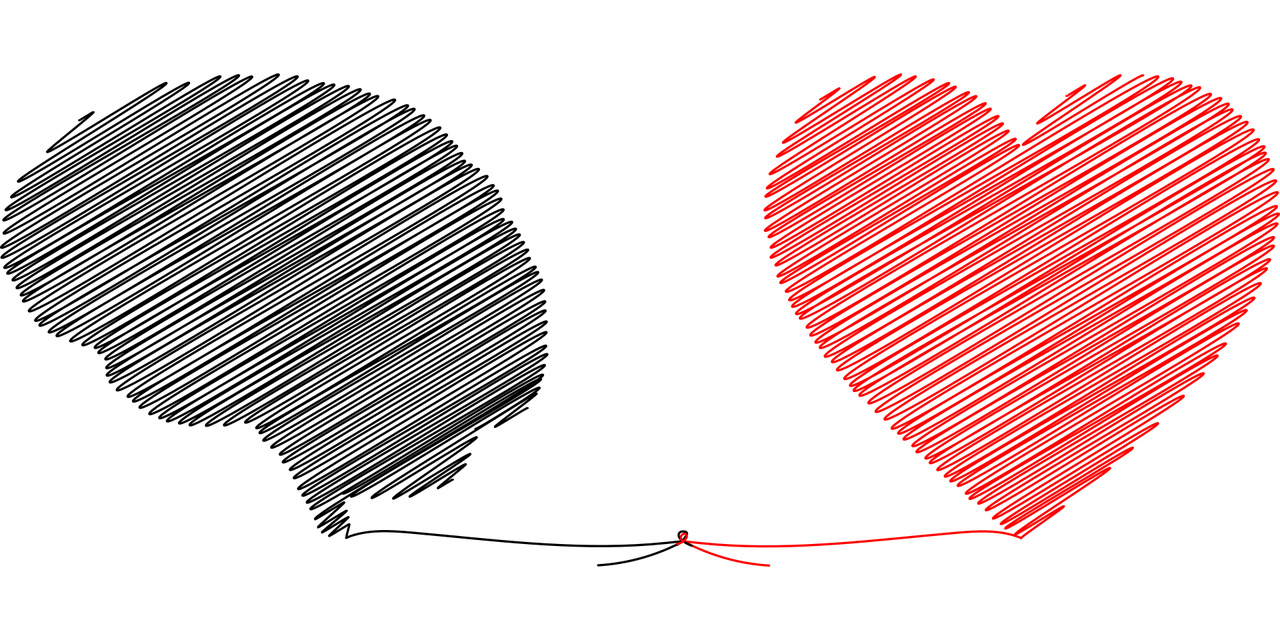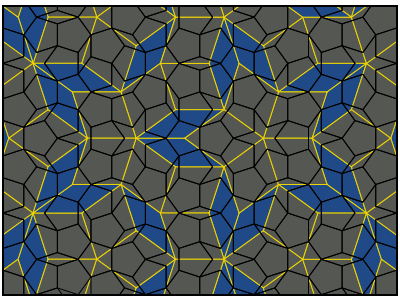Somewhere along the way, I came to believe that the word causal came from the word because. Because there’s a cause contained in the word because. The word is almost like a commandment. Be the cause. I don’t think that’s really true. It’s just a silly association. The word because seems to be an element of a persuasive argument. How about a little thought experiment? Consider the assessment: “Peaches are gross.” Okay, you may have one or many positions on this controversial subject: You agree because your experience matches that statement, you disagree because your experience does not match that statement, you may not agree nor disagree because it’s possible that some peaches are gross and some other peaches are[…]
Category: Human Learning
Some communities make decisions about what is knowledge and what is not. You’re probably a member of some of those communities. Maybe you make up your own mind about what is knowledge and what is not entirely on your own? Maybe you’re not fully aware of how much you are influenced by the communities you identify with? Think about what you experienced during your formal education. In order to receive recognition (a grade, a credit, a certificate), you needed to demonstrate that you were able to create evidence that you accepted the knowledge you were told. You didn’t always need to agree that the knowledge that you had to repeat was the truth. You just needed to exhibit behaviour that[…]
Maybe you should read Thomas Kuhn’s The Structure of Scientific Revolutions. Maybe you shouldn’t. Here’s a little bit of information to make up your own mind. When I use the word paradigm, I mean it in the Kuhnian sense. I don’t use it as a hyperbole or superlative. I don’t look at a new ice cream brand extension and breathlessly declare that it’s a paradigm shift in desert delivery. Paradigm shouldn’t be a buzzword. Kuhn defined a scientific paradigm as a set of evidence, experiments, achievements and observations that are universally recognized, that provide a set of problems and solutions that are worthy of a communities’ focus. Communities are very particular about what they consider to be knowledge and what[…]
Walter Gretzky is credited with the quote: “Go to where the puck is going, not where it has been.” Walter used socratic questioning to teach his son, Wayne, hockey strategy. Here’s the full context from Wayne’s perspective: Him: “Where do you skate?” Me: “To where the puck is going, not where it’s been.” Him: “Where’s the last place a guy looks before he passes it?” Me: “The guy he’s passing to.” Him: “Which means…” Me: “Get over there and intercept it.” Him: “If you get cut off, what are you gonna do?” Me: “Peel.” Him: “Which way?” Me: “Away from the guy, not towards him.” (Gretzy, Reilly, Gretzky: An Autobiography p. 88) Puck On To win a game of ice[…]
Everybody experienced 2020 in a different way. I offer one perspective. I limped into January from 2019. It was a tough year in that it was tougher than 2018 and 2017. Tough for a few reasons. It was a stretch year. Technology was causing discomfort but not change. Social systems struggled. It was a stretch year for leadership development. After testing dozens of heuristics (rules of thumb), I was in the process of adopting a half dozen. They’d serve me well in 2020. January January was to be a month of consolidating the learning and incorporating the learnings deep into the heart and mind. I chose to dream in Hawaii. And it worked. I experienced sleep that was deep and[…]
The diagram below, something that John Cutler put together, made me think. I got a kick out of it. Maybe you will too. First, I’ll unpack the image. Second, I’ll contribute a few thoughts. What are you looking at? If you look down the centre, you’ll see nine instructions, called mandate levels, labelled from A to I. At level A you’ll find the instruction “Build exactly this [to a predetermined specification]”, at F, “Increase/decrease [metric] known to influence a specific business outcome”, and at I, “Generate [long-term business outcome]”. To the left, you’ll see a few boxes, labelled Eng, Design, PM, and GM. To the right, similar boxes labelled PROD DEV TEAM, PM, GM. The organization on the left is[…]
What if the rate of forgetting is interrelated with the rate of learning? What might that mean? The Knowledge Funnel The Knowledge Funnel is a model that describes how knowledge is made useful by an organization. At one side, you got mysteries. We live in an era where the number of mysteries vastly outnumbers the amount of knowledge. There is no shortage of mystery. Heuristics are rules of thumb that work most of the time, but not all of the time. There are lot of heuristics. They tend to form the core value driver for many organizations. There are comparatively fewer algorithms. Those organizations that have fit algorithms are often extraordinarily profitable and competitive. Some researchers focus on converting mysteries[…]
What is Airlocking? Airlocking is a process where a belief spreads and locks-in to the point that direct, disconfirming, evidence is disregarded, and people believe something to the point that they’ll kill themselves by throwing themselves out of an airlock. If there is another term for this phenomenon, could you please let me know? In the meantime, I’ll call it Airlocking. Etymology Consider the following scene from Avenue 5, Season 1, Episode 8. It aired just as those in the United States and Canada were understanding the full gravity of Covid-19 in March, 2020. TV is useful because it gives everybody the opportunity to experience the same phenomenon for themselves, independently. Everybody has a different reflection. The whole episode is[…]
This post is a continuation of The Technology of Productive Meetings from November 2019. Below, you’ll find a summary two frameworks: ORID and Stances, before extending it further. This post is intended for those on the human side of data science. Carbon is harder than silicon. Summary The ICA teaches a group facilitation method that features the ORID framework. The ORID (Objective, Reflective, Interpretive, Decision) framework offers a path for a group of individuals to ship a decision. While the facilitator helps the group through the steps, it is the group itself that ships the decision. The method acknowledges the way people feel their way through a decision. The facilitator crafts a sequence of questions which match each one of[…]
Is what is happening in analytics, in industry, an evolution or a revolution? What is Analytics is the science of data analysis. Those who practice analytics self-identify as analyst, digital analyst, marketing scientist, data engineer, researcher, among many others. Tukey (1962, The Future of Data Analysis, The Annals of Mathematical Statistics, (33), 1) called them all practitioners. The goal of the practitioner depends on their context. That context largely, but not always, depends on the state of knowledge, state of the culture, or sometimes, normatively, the state of maturity, of the group they belong to. Large organizations can have a large amount of difference within them. It’s not uncommon for an operations department to be extremely mature and for its[…]




